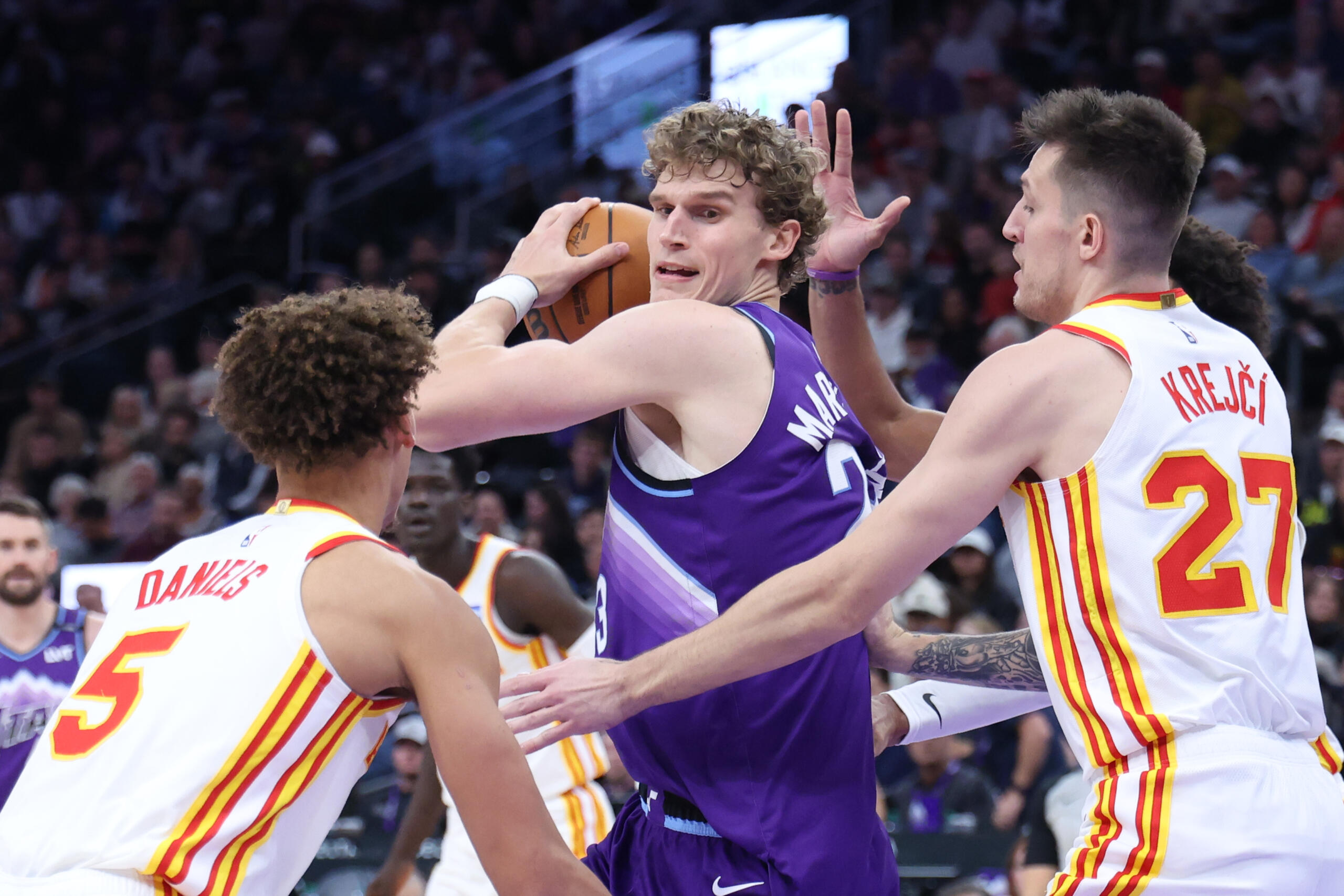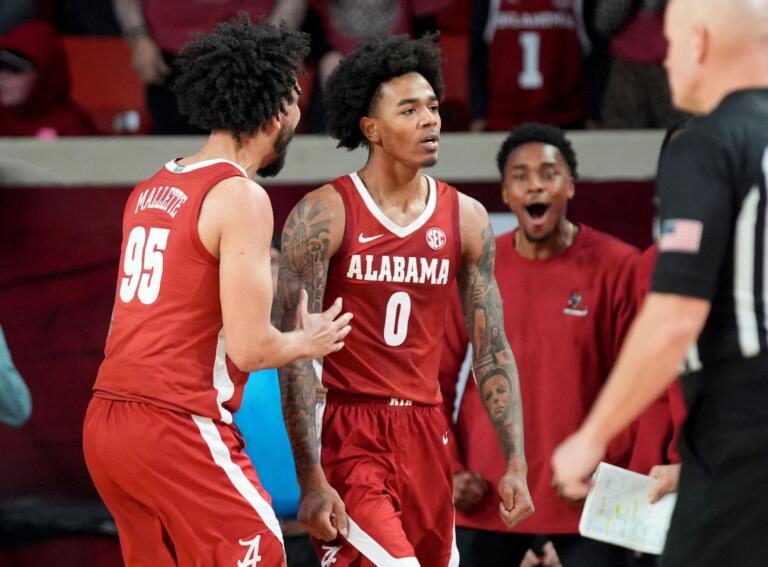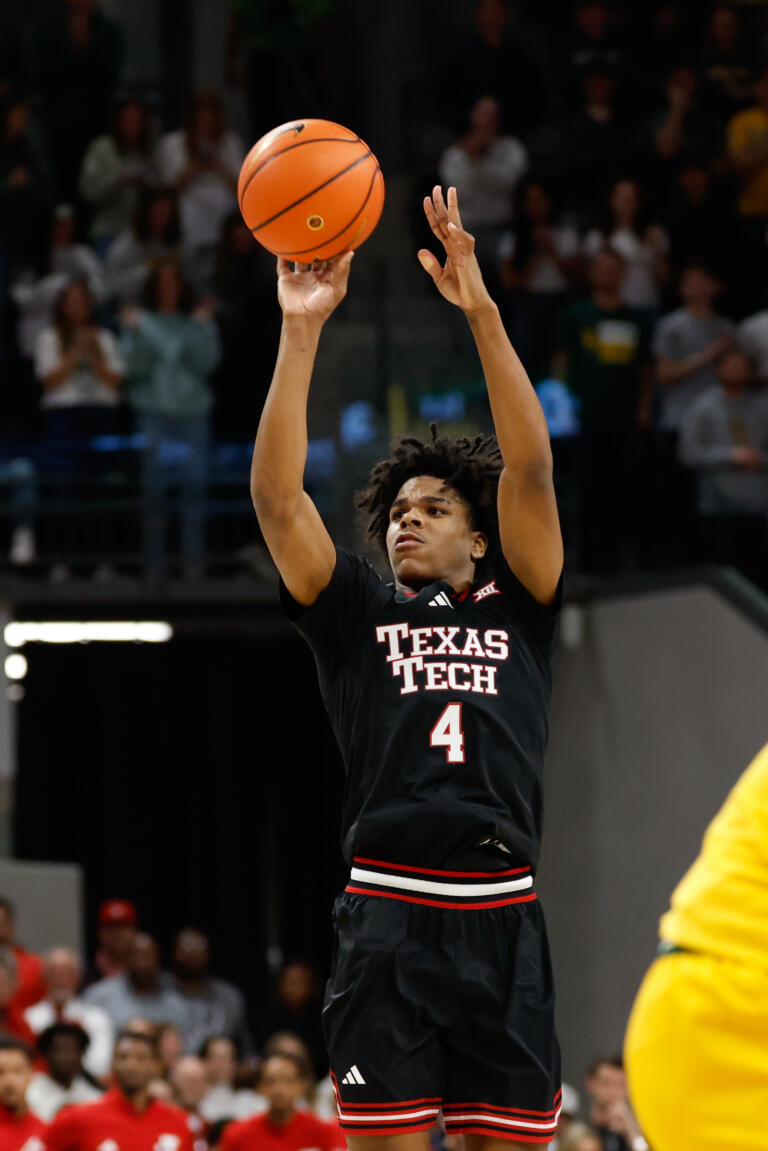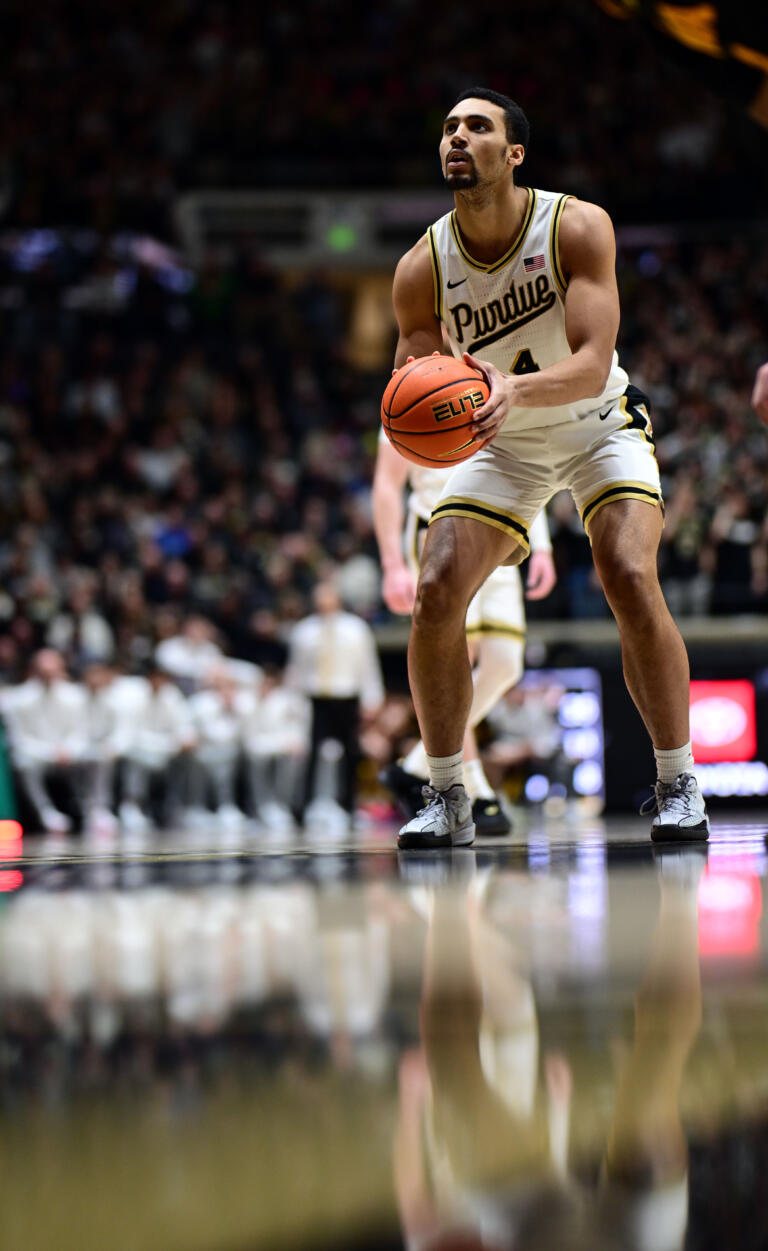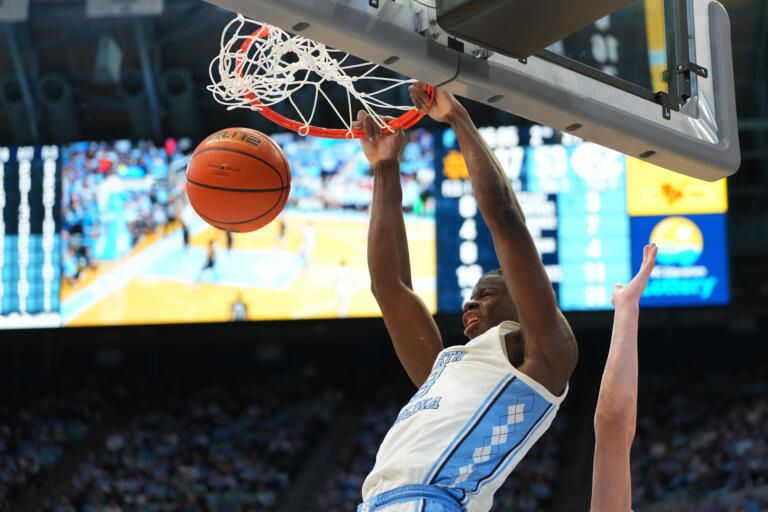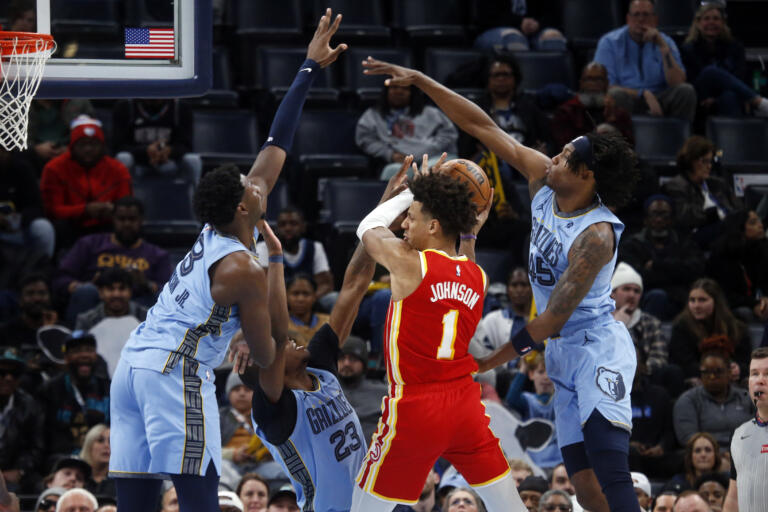Atlanta’s turnaround on the defensive side is by design, not by chance.
Through 13 games, the Atlanta Hawks rank fifth in the NBA in defensive rating—a dramatic shift from their middle-of-the-pack status last season. The improvement isn’t fluky. It’s the product of deliberate roster construction, a clear coaching identity, and player buy-in.
General Manager Onsi Saleh didn’t rebuild the Hawks with only scoring in mind. He rebuilt them to defend. Saleh prioritized length, mobility, and switchability across positions, giving head coach Quin Snyder the pieces he needed to install a modern, flexible defensive system. The result is a team that no longer relies on outscoring opponents, but one that can wear them down on the other end.
Last year, the Hawks ranked 18th in defensive rating. This year, they’ve cracked the top ten and were just in the top five. That kind of leap doesn’t happen by accident. It starts at the top. Saleh entered the offseason with a clear vision: build a roster full of players who can guard multiple positions, rotate intelligently, and buy into team principles. It’s working.
The transformation starts with the wings. The front office brought in defenders who can press up on ball handlers and recover on shooters. The bigs aren’t just rim protectors—they’re agile, able to hedge out on pick-and-rolls and scramble back into position. Guards are playing with discipline, fighting through screens and showing active hands without gambling. These are the marks of a system working with the right personnel.
Coach Snyder hasn’t changed who he is. He’s still demanding, detail-oriented, and system-driven. But now, he has players capable of executing the schemes he wants. That means more switches, more communication, more intelligent rotations. Snyder’s teams have always emphasized the little things—closeouts, box-outs, help defense—and the Hawks are finally reflecting that ethos.
Buy-in is visible. The team closes out hard. They scrap for loose balls. They rotate on time. Defense is thankless work, but Atlanta’s players are treating it like the foundation of their identity. When Snyder calls for an aggressive switch or a blitz on the perimeter, it’s executed without hesitation. That kind of cohesion takes more than talent—it takes trust. And right now, the Hawks trust each other.
They also trust the front office. Saleh has done more than just collect talent—he’s built a cohesive unit. Versatile defenders have become the spine of the roster. Role players aren’t expected to do too much, but everyone has a defensive assignment and knows it matters. There’s accountability across the board.
The Hawks aren’t finished products, but they’re no longer a bottom-half defense trying to fake it. They’re a top-ten unit playing with purpose. If they stay healthy and locked in, there’s no reason this can’t sustain over the course of the season.
The defense is real. It’s repeatable. And it’s exactly what Atlanta was built to do.


